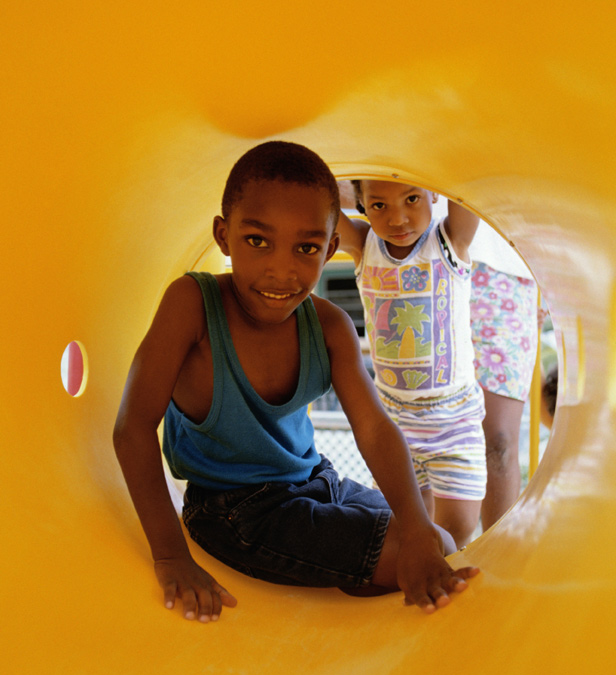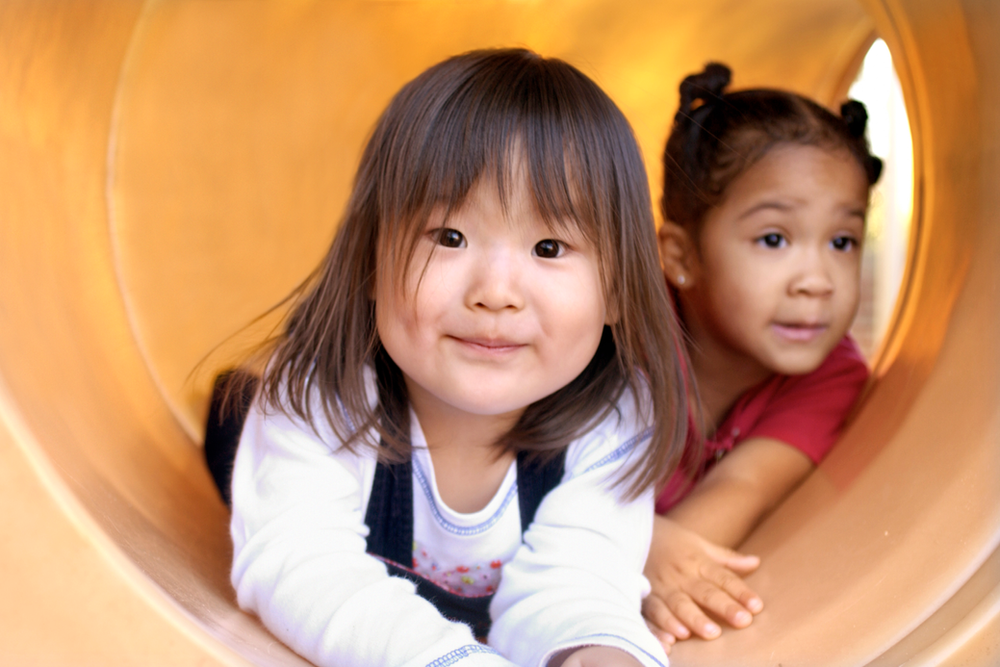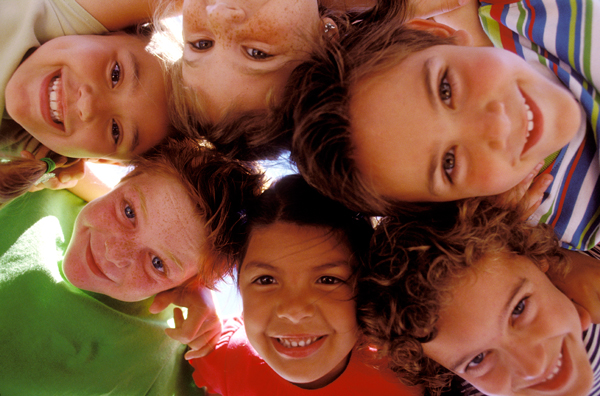As Montessori teachers, we define our service to the children as encompassing roles farther than just those in the classroom. If we are…


As Montessori teachers, we define our service to the children as encompassing roles farther than just those in the classroom. If we are…

Montessori was deeply concerned with the nature of development in adolescence, and the disparity between the expectations of formal…

Remember what distinguishes the Second Plane of Development, that window from six to twelve years old. Moving out of the “construction of…

A core tenet of Montessori is that children are free to move. We understand that the child’s developing mind is influenced by their…

Montessori identified a number of “Sensitive Periods,” times when children’s development motivated them toward an interest in particular…

We shall walk together on this path of life, for all things are part of the universe and are connected with each other to form one whole…

By the time learners reach adolescence, their ability to take on the perspective of another person is well-developed. When you add this…

If you believe what you see in the media, you might expect children in the Second Plane to be just plain awful, disrespectful and…

As infants and toddlers, children demonstrate initial kindness, especially toward people with whom they have a special bond. As they move…

Are children naturally empathetic? You may have heard of the phenomenon of infants crying in a nursery, reacting to each other’s cries in…